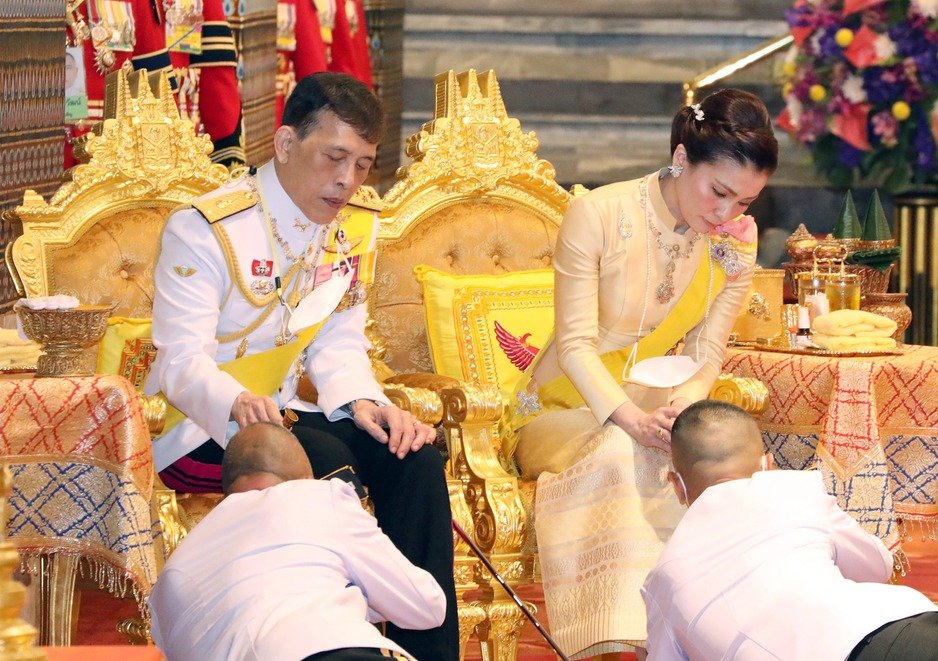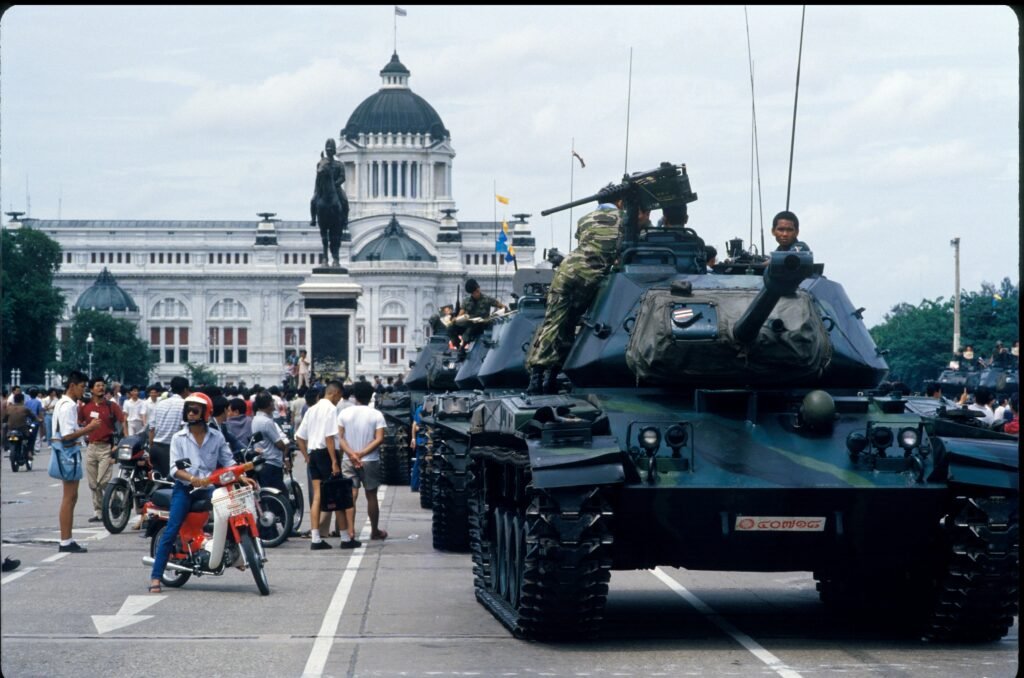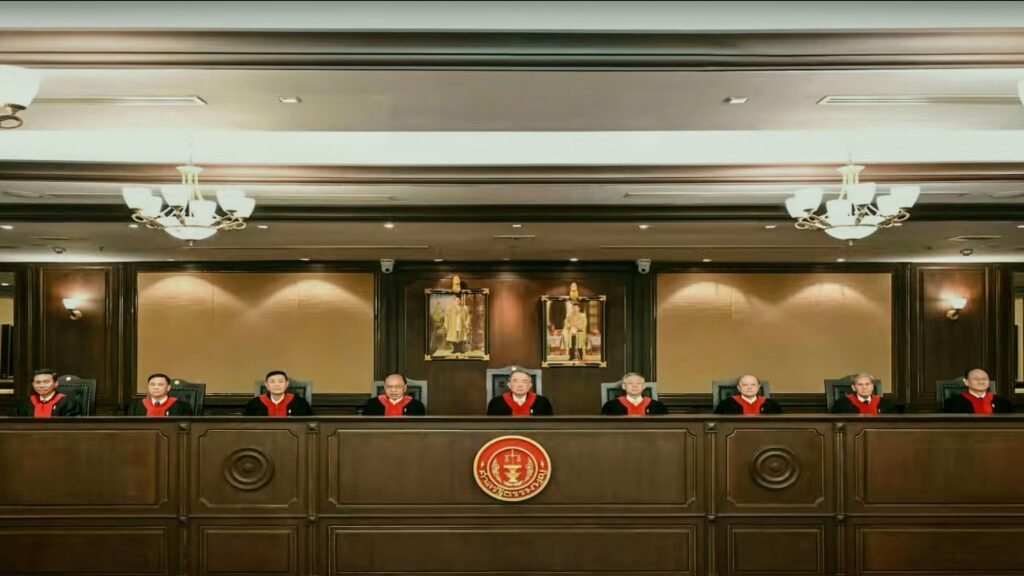BANGKOK — Nothing newsworthy happened today in Thai politics. Thailand, like so many of Southeast Asia’s famously robust and highly transparent democracies, is a constitutional monarchy that easily implements citizen-focused reforms without interruption, produces long-lasting administrations, and enjoys a National Assembly that has only grown steadily more powerful since its establishment in 1932.
Observers attribute this stability to the clear separation of powers between parliament, the monarchy, the military, and the judiciary — each respecting its own narrow role.
The royal family, for example, is widely known to have stepped back from politics after voluntarily surrendering absolute authority in 1932. “It’s purely ceremonial now, with no influence beyond ribbon-cuttings and New Year’s cards,” said Princess Chulabhorn, the youngest daughter of the late King Bhumibol Adulyadej and sister to the current monarch. She stressed that the family would never seek to consolidate power or expand what she described as its “already modest personal fortune of $50 billion.”

The military is equally deferential, routinely subverting itself to civilian oversight. Generals, said Chief of Defence Forces Songwit Noonpakdee, “understand their job is national defense and little else.” He dismissed suggestions of military meddling as laughable, noting that the army spends its time on drills, border patrols, and retirement parties rather than “anti-constitutional activities.”

Even the judiciary has kept itself invisible. Justice Noppadon Theppitak of the Constitutional Court joked that he often considers himself irrelevant, and forgets he even sits on it. The court, he said, almost never intervenes, and when it does, its rulings are so careful and uncontroversial that “no prime minister has ever been affected.” Party dissolutions and ten-year bans on politicians, he added, were “absurd scenarios no one could imagine here.”

Analysts agreed that with parliament ascendant, the monarchy ceremonial and devoted solely to Buddhist merit-making, building ordination halls and releasing caged birds rather than interfering in politics, the generals obedient and without political aspiration, and the courts content to let lower rulings stand, today was — as usual — another uneventful day in the region’s most functional democracy.
At press time, a flaming tire was seen hurtling down Chaeng Watthana Rd, just a block from the Constitutional Court.
Email Us: Info at NotTheNation dot com


